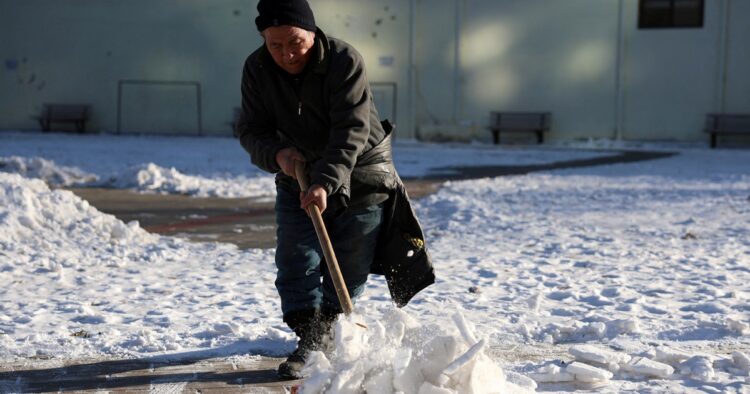Beijing Faces Record-Breaking Cold Wave
Beijing is grappling with its longest cold wave in over seven decades, with temperatures dropping below zero degrees Celsius since December 11. The chilling conditions persisted for more than 300 hours, marking a historic weather event since record-keeping began in 1951. On Sunday, there was a slight relief as the temperature at Beijing’s Nanjiao weather station rose above zero degrees Celsius for the first time in days.
Nationwide Impact of Cold Wave
A powerful cold wave has swept across China, particularly affecting the northern regions. The extreme weather has strained the heating systems in several cities, with Henan province experiencing multiple failures. In Jiaozuo, heating was disrupted due to a malfunction at the Wanfang power plant, leading to partial halting. Meanwhile, in Puyang and Pingdingshan, heating to government buildings and state-owned enterprises has been curtailed to prioritize resources for hospitals, schools, and residential areas.
Transportation Woes and Safety Concerns
Beijing’s cold spell has taken a toll on the city’s transportation infrastructure, particularly the metro system. Snowy conditions led to a collision between two trains on a busy metro line earlier this month, resulting in hundreds of commuters being sent to the hospital, some with fractured bones. The bitter temperatures also complicated rescue efforts following a deadly earthquake in northwest Gansu province.
Challenges and Responses
The prolonged cold wave has presented unprecedented challenges for both urban infrastructure and public safety. As the authorities work to address system failures and prioritize essential services, residents are urged to take precautions in the face of harsh winter conditions. The impact of the cold wave is a reminder of the importance of preparedness and resilience in the face of extreme weather events.

















Comments